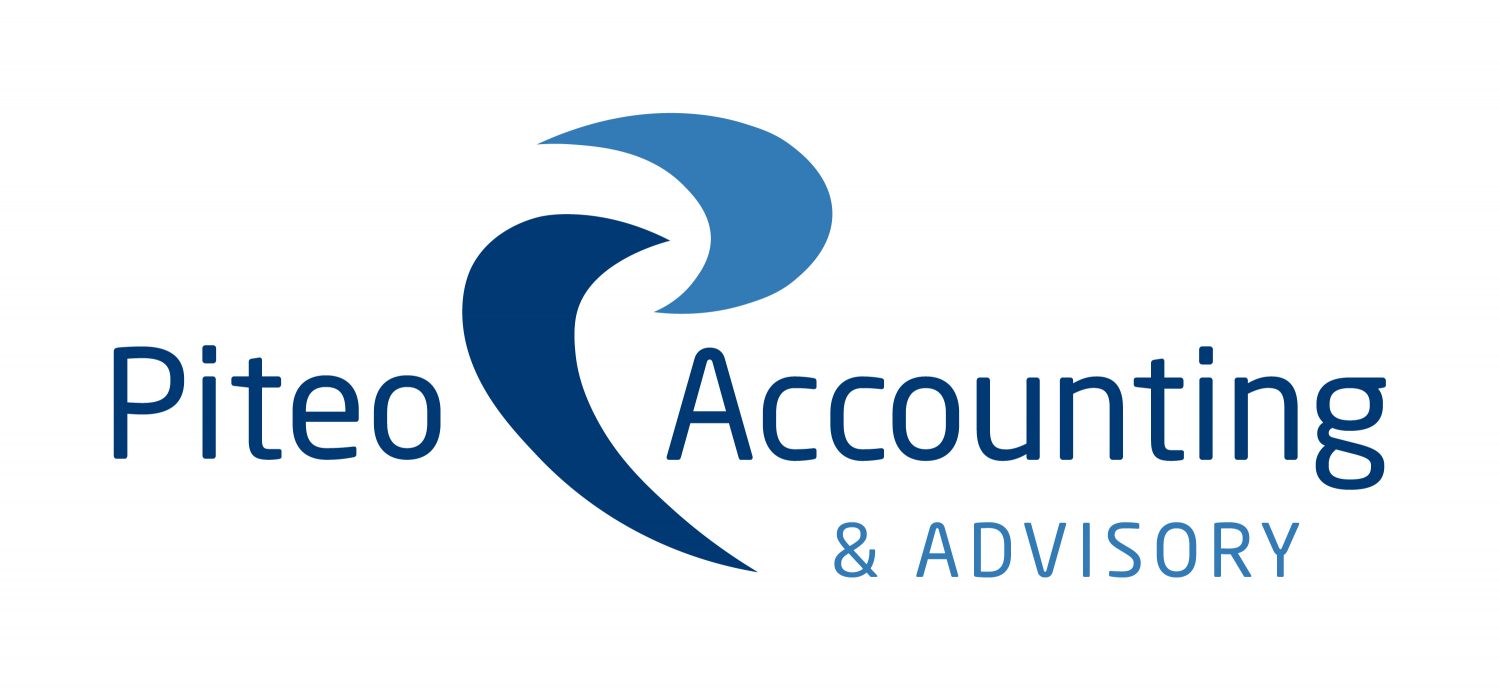In the realm of small business management, mastering budgeting isn’t just about balancing the books—it’s about strategic financial planning that fuels growth and sustainability. At Piteo Accounting & Advisory, we specialise in helping small businesses navigate the complexities of budgeting with precision and foresight.
Here are our expert tips to help your business thrive financially:
#1 Tailored budgeting strategies

Every small business is unique, and so are its financial needs. The best approach is to develop personalised budgeting strategies tailored to your business goals. By aligning your budget with your objectives, you can allocate resources more effectively and drive sustainable growth.
Sticking to a budget requires discipline and regular monitoring. We advise setting clear spending limits and regularly tracking expenses against budgeted amounts. This ensures accountability and helps prevent overspending.
But a budget isn’t a static document—it’s a dynamic tool that requires regular review and adjustment. We recommend revisiting your budget at least quarterly to assess performance, identify variances, and make informed decisions for the future.
Don’t forget to budget for the following:
- insurances
- owners’ salary
- cybersecurity
- team building activities and staff rewards
- potential business opportunities
- networking and business development
- upskilling
- technology upgrades
#2 Cash flow management
Effective cash flow management is the lifeblood of any small business. ‘87% of SMEs encountered a cash flow crunch in the past year,’ reported CommBank.
It is vital to monitor cash flow closely to ensure consistent liquidity. This involves projecting income and expenses accurately and planning accordingly to avoid cash crunches. Using reputable financial software can help you.
#3 Expense prioritisation
Not all expenses are created equal. We advise businesses to prioritise expenditures directly contributing to profitability and long-term success. This strategic approach ensures that every dollar you spend aligns with your business priorities.
#4 Forecasting and planning
Proactive financial forecasting and planning are essential for anticipating challenges and capitalising on opportunities. Regularly revisiting your financial forecasts allows for adjustments to strategies, ensuring your business remains agile and resilient in a dynamic market.
Anticipating both income and expenses is crucial for upholding a robust cash flow that sustains operations. It also facilitates proactive risk management by identifying and mitigating potential financial pitfalls, serving as a foundation for strategic planning and informed decisions regarding expansion and staffing initiatives.
#5 Tax efficiency
Navigating tax laws can be daunting. Small business owners often face challenges in understanding tax codes, deductions, credits, and compliance requirements that are essential for minimising tax liabilities and avoiding penalties. These complexities require diligent research, expert guidance, and proactive measures to ensure compliance while maximising available tax benefits. This understanding is crucial for maintaining financial health for business growth and sustainability.
But it’s not impossible, particularly as our experts provide guidance on maximising tax efficiency through strategic deductions and credits and have a wealth of tax information ready to impart.
You might like to download the ATO’s tax time toolkit for small businesses.
#6 Technology integration
Leveraging technology can significantly enhance financial efficiency in today’s digital age. We recommend adopting cost-effective accounting tools and software to streamline processes, improve accuracy, and free up valuable time for strategic decision-making.
‘When you eliminate manual tasks from internal processes, you get to save on labor costs and allow employees to focus on more value-added activities,’ states ContentSnare.
Embracing digital solutions reduces costs and improves efficiency. From digital marketing strategies to online collaboration tools, integrating digital technologies into your operations can streamline processes and enhance customer engagement, all while saving on traditional costs.
#7 Bulk buying to save
Taking advantage of bulk purchasing can yield significant cost savings for small businesses. Whether it’s office supplies, inventory, or raw materials, buying in bulk often comes with discounts that can help stretch your budget further.
But remember to stick within your budget and not overspend to avoid cash flow drying up.
At Piteo Accounting & Advisory, we’re committed to empowering small businesses with the financial tools and insights they need to thrive. By implementing these professional tips, you can confidently navigate budgeting challenges and position your small business for long-term success and growth.
Reach out if you have any budgeting or financial needs. Contact us today.
Disclaimer: It is important to seek the advice of a qualified professional before making any financial or accounting decisions. Each individual’s financial situation is unique, and not all information provided may be relevant to your specific circumstances.





